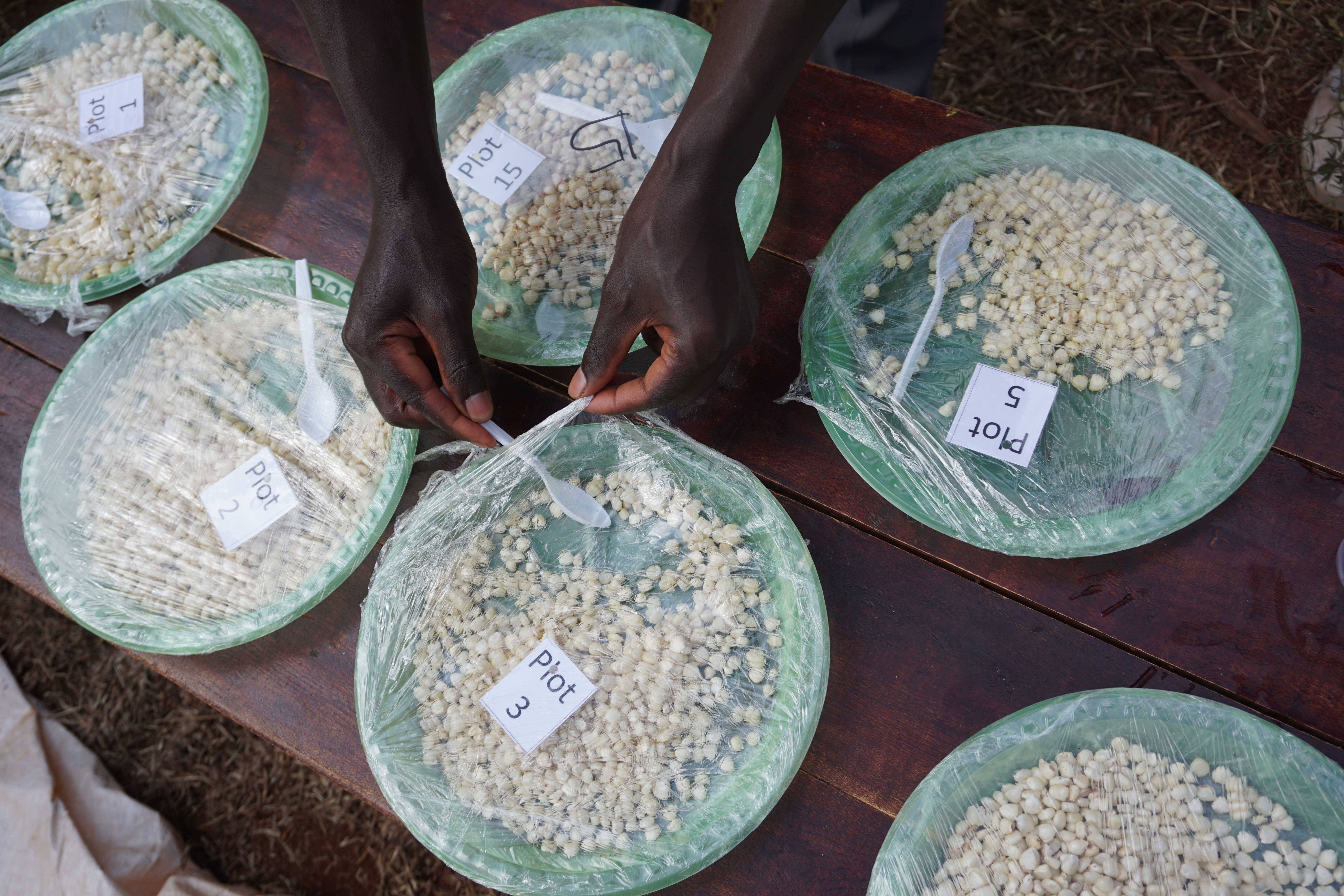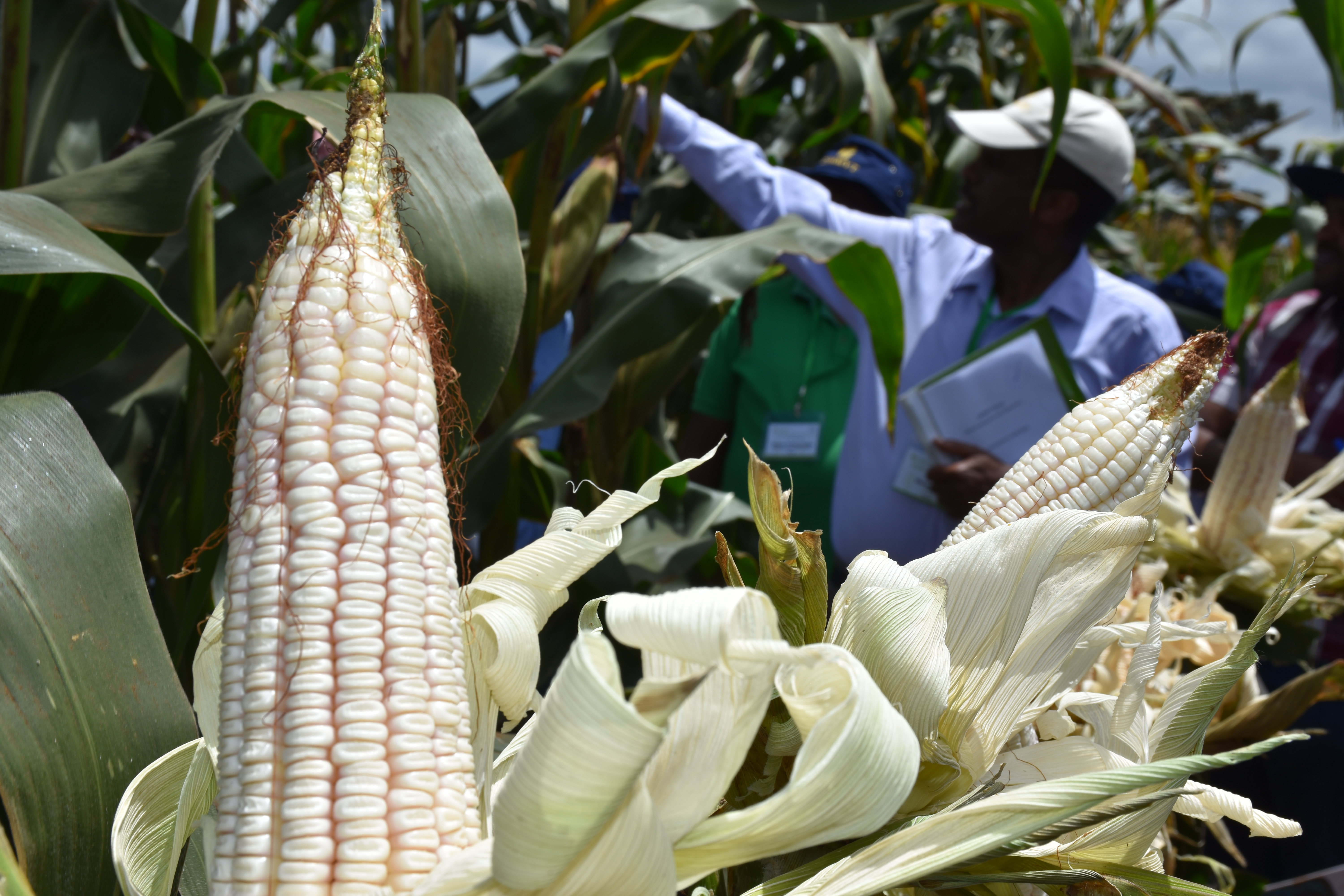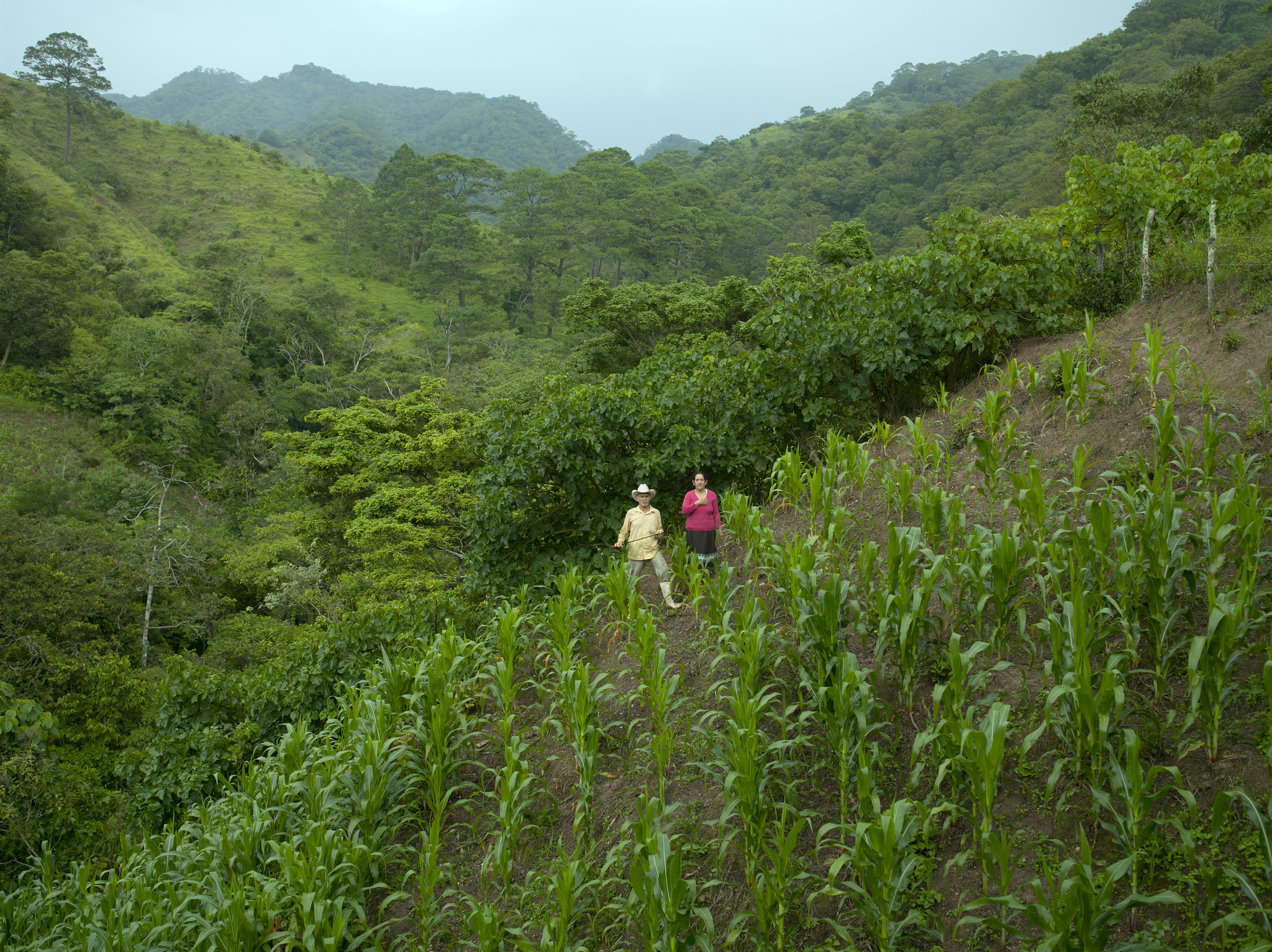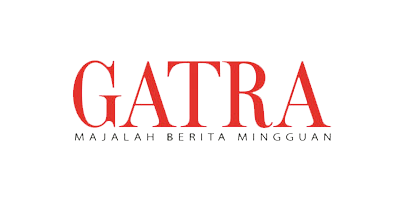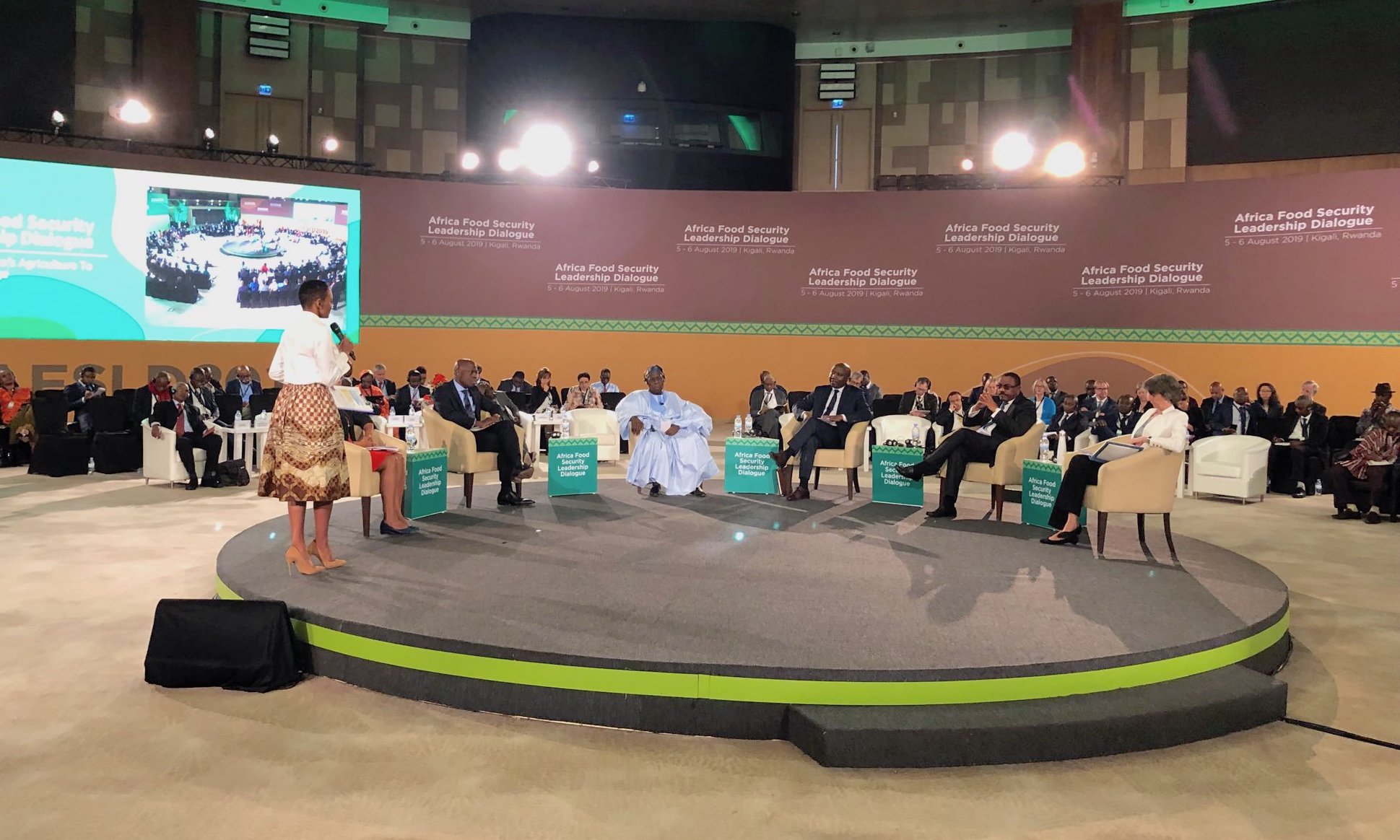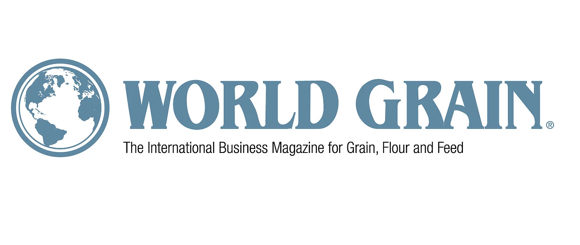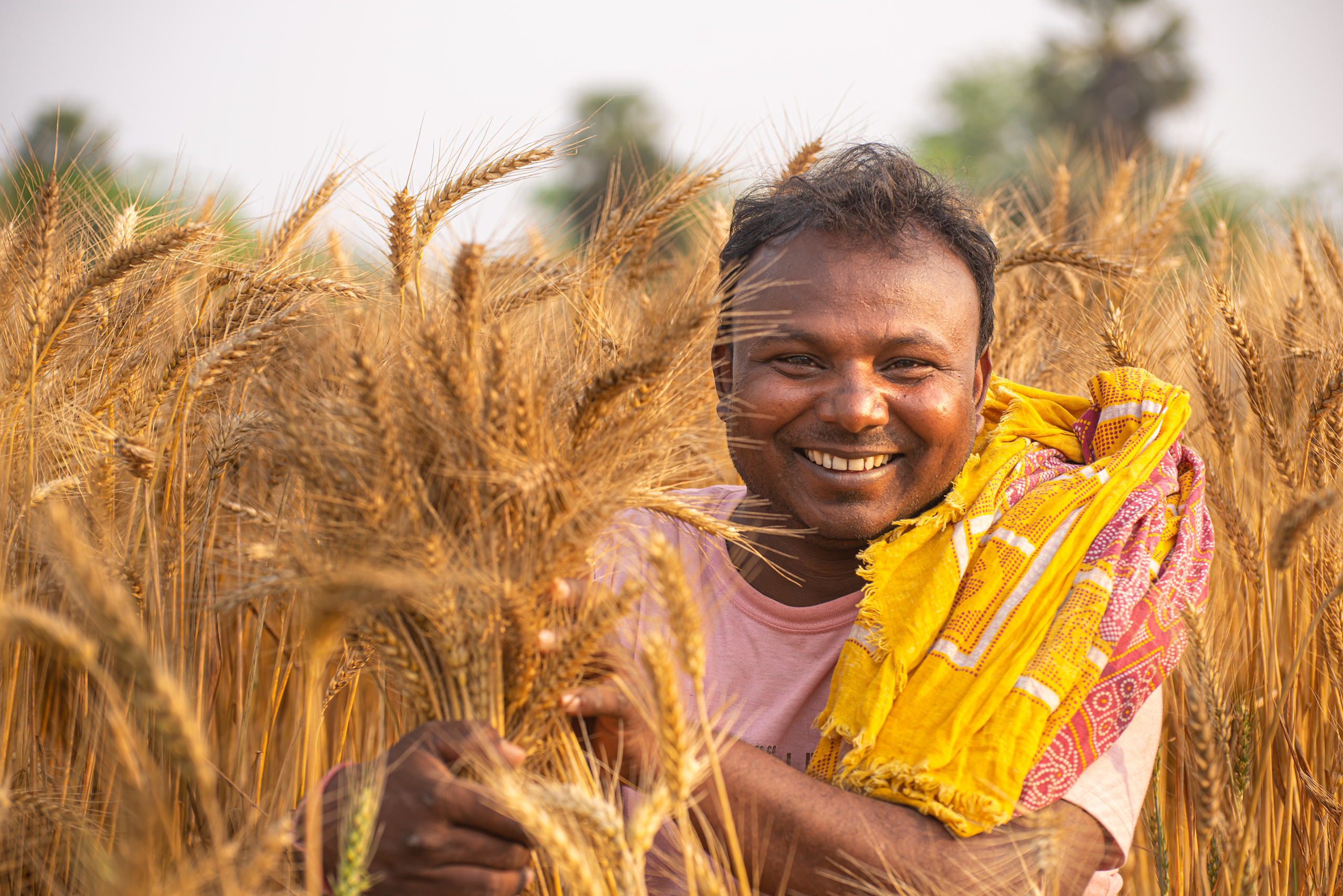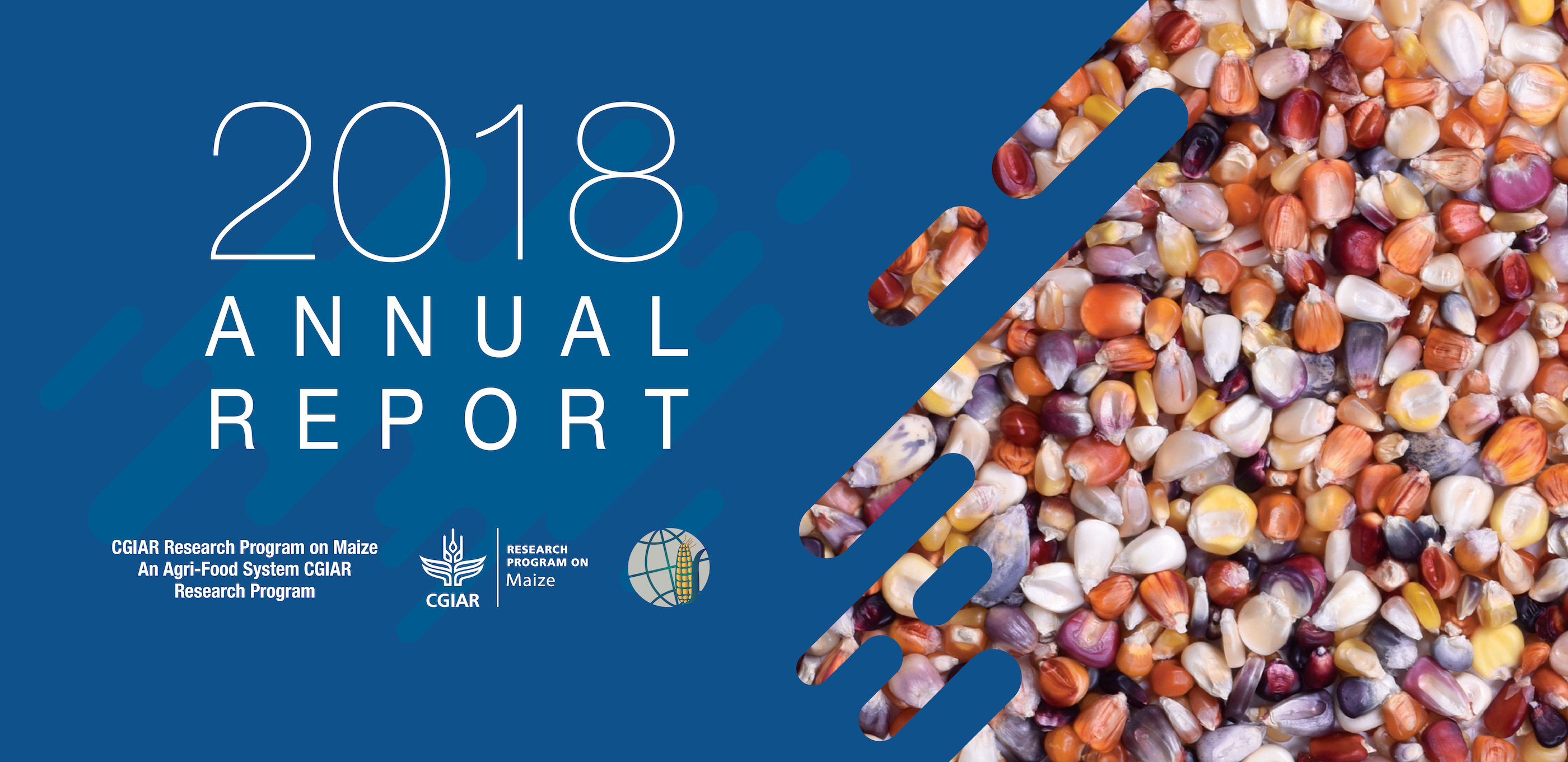Nutrition, health and food security
As staple foods, maize and wheat provide vital nutrients and health benefits, making up close to two-thirds of the world’s food energy intake, and contributing 55 to 70 percent of the total calories in the diets of people living in developing countries, according to the U.N. Food and Agriculture Organization. CIMMYT scientists tackle food insecurity through improved nutrient-rich, high-yielding varieties and sustainable agronomic practices, ensuring that those who most depend on agriculture have enough to make a living and feed their families. The U.N. projects that the global population will increase to more than 9 billion people by 2050, which means that the successes and failures of wheat and maize farmers will continue to have a crucial impact on food security. Findings by the Intergovernmental Panel on Climate Change, which show heat waves could occur more often and mean global surface temperatures could rise by up to 5 degrees Celsius throughout the century, indicate that increasing yield alone will be insufficient to meet future demand for food.
Achieving widespread food and nutritional security for the world’s poorest people is more complex than simply boosting production. Biofortification of maize and wheat helps increase the vitamins and minerals in these key crops. CIMMYT helps families grow and eat provitamin A enriched maize, zinc-enhanced maize and wheat varieties, and quality protein maize. CIMMYT also works on improving food health and safety, by reducing mycotoxin levels in the global food chain. Mycotoxins are produced by fungi that colonize in food crops, and cause health problems or even death in humans or animals. Worldwide, CIMMYT helps train food processors to reduce fungal contamination in maize, and promotes affordable technologies and training to detect mycotoxins and reduce exposure.
Collaborative product profiling captures farmers’ demand for greater impact
 Nutrition, health and food security
Nutrition, health and food security
A demand-driven, multi-lens approach ensures the best maize varieties are available to seed companies and farmers.
How wheat can help in fight against ‘hidden hunger’
 Nutrition, health and food security
Nutrition, health and food security
Source: The Economic Times (15 Sep 2019)
CIMMYT has released eleven varieties of nutritious zinc wheat in India.
Kenyan maize farmers set to benefit from development of improved varieties
 Climate adaptation and mitigation
Climate adaptation and mitigation
Source: News Ghana (13 Sep 2019)
CIMMYT has developed a variety of seeds to meet the varied needs of Kenyan farmers.
Back from the brink of extinction
 Nutrition, health and food security
Nutrition, health and food security
Visiting scientist Roi Ben-David discusses Israel’s exotic germplasm gap and ongoing efforts to restore the country’s lost wheat landrace collections.
Seed production innovations, conservation agriculture and partnerships are key for Africa’s food security
 Nutrition, health and food security
Nutrition, health and food security
Partner field days in Kenya presented sustainable solutions to crop threats and innovations in seed and agronomy.
Embracing change: How family farmers can face the future
 Nutrition, health and food security
Nutrition, health and food security
CABI’s CEO Trevor Nicholls and CIMMYT’s Director General Martin Kropff analyze the challenges and opportunities for family farmers in the next decade.
Indonesia-CIMMYT increase cooperation on maize research
 Nutrition, health and food security
Nutrition, health and food security
Source: Gatra (3 Sep 2019)
CIMMYT and the Indonesian Agency for Agricultural Research and Development sign MoU.
Scientists set to release stem rust resistant wheat varieties in Kenya
 Nutrition, health and food security
Nutrition, health and food security
Source: Xinhua News (1 Sep 2019)
CIMMYT scientist says wheat varieties to be released in Kenya have high yields and are resistant to stem rust U99.
Remembering Max Alcalá, who led CIMMYT’s wheat international nurseries
 Nutrition, health and food security
Nutrition, health and food security
He was instrumental in preparing and distributing nursery results, which are still used by breeders.
African leaders rely on science and technology to improve food security
 Innovations
Innovations
At the Africa Food Security Leadership Dialogue in Rwanda, experts and policymakers analyzed ways to address the continent’s food security crisis in the face of climate change.
Nepal’s seed sector partners join forces to realize the National Seed Vision 2013-2025
 Nutrition, health and food security
Nutrition, health and food security
Halfway into Nepal’s 12-year plan to boost seed systems, partners review progress and plan the best way to meet targets.
New platform rapidly diagnoses wheat rust
 Innovations
Innovations
Source: World Grain (13 Aug 2019)
MARPLE diagnostic platform significantly reduces the time to identify strains, which previously took months.
Energy crunch hits Pakistan’s farm productivity
 Nutrition, health and food security
Nutrition, health and food security
Source: Sci Dev Net (12 Aug 2019)
CIMMYT study shows uninterrupted energy and power supplies are critical farming inputs to reduce poverty and food insecurity,
Alternatives to burning can increase Indian farmers’ profits and cut pollution, new study shows
 Climate adaptation and mitigation
Climate adaptation and mitigation
Published in Science, the article provides evidence for national policies that block stubble burning and promote no-till mechanization to manage crop residues.
CRP Maize Annual Report 2018
 Nutrition, health and food security
Nutrition, health and food security
In 2018, MAIZE delivered development outcomes and impacts through varietal release, scale-up, delivery and adoption of climate-resilient and nutritionally enriched maize varieties.
